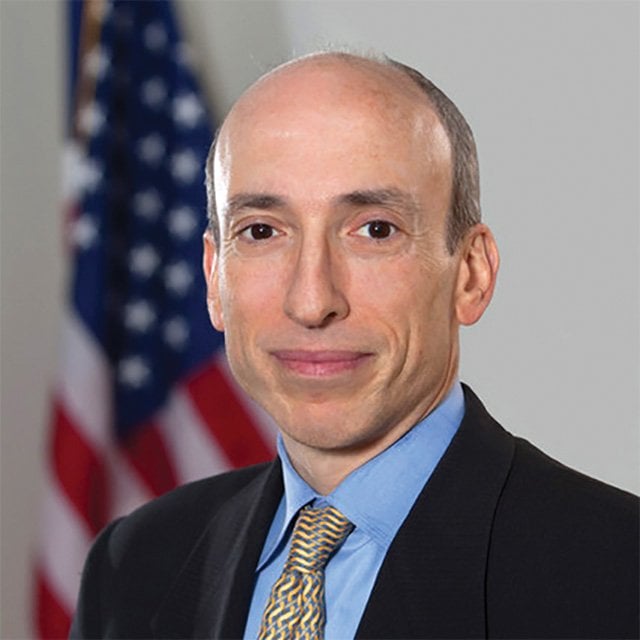Gensler Vows to Advance SEC's Rule Agenda as Election Looms

Under the commission’s bureaucratic process, the agency must vote to propose a rule, take public comment, and then vote again after making changes. On Wednesday, Gensler said the agency typically takes about 18 to 24 months, on average, to move from a proposed to final rule.
The big-ticket Items still on the agenda:
Corporate climate disclosures;
Cybersecurity risk management for brokerages;
Market structure: best execution, order competition, minimum pricing increments/access fees, definition of ‘exchange’ for alternative trading systems, and volume-based pricing (equities);
Conflicts of interest for brokers and advisers using AI;
Swing pricing proposal for mutual funds; and
So far in 2024, the agency has also finalized more stringent regulations on so-called blank check companies.
A set of measures to overhaul equity market structure, from reducing the bid-ask spread on stocks to mandating greater disclosures about the pricing and execution provided by brokers, are also hot-button issues on the agency’s agenda. The plans have drawn criticism from a range of players in the stock market.
A main sticking point is a measure to push more equities orders to be executed outside of electronic-trading firms like Virtu Financial Inc. and Citadel Securities, and instead routed through an auction mechanism on exchanges where others could compete to fill them.
The proposals were issued as a package in December 2022, but don’t have to be finalized all at once, Gensler said on Wednesday in an interview at Bloomberg’s global headquarters in New York. “They were addressing separate issues,” and so will likely be treated differently, he added. He declined to comment on timing.
Asked about whether he regrets seeking to pursue such an ambitious agenda given the political headwinds, Gensler said he did not. “Knowing everything we know now, we would probably have laid out a similar agenda,” he said.
Digital Assets
Reining in the crypto industry has been another cornerstone of Gensler’s legacy at the SEC. He has repeatedly said that much of the sector is breaking U.S. rules and that many tokens fall under the agency’s jurisdiction. “The crypto market doesn’t have the disclosures it’s supposed to have for anything that’s a security,” he said on Wednesday.
That stance has drawn the ire of the industry. The efforts by the SEC under Gensler, who lectured at the Massachusetts Institute of Technology on blockchain and crypto, have led many in the sector to consider him an enemy.
The crypto industry did score a significant victory at the SEC last month when it agreed to allow for the first time exchange-traded funds that invest directly in Bitcoin. At the same time, traditional financial players, which have been reticent to embrace crypto due to the regulatory risks, are increasingly exploring ways to use blockchain technology.
On the current buzz around so-called tokenization, or the move to represent real-world assets like stocks and bonds on the blockchain, Gensler again cautioned that traditional rules continue to apply. “If what’s being stored on the ledger is a security, then make sure you comply with the securities laws,” he said.






